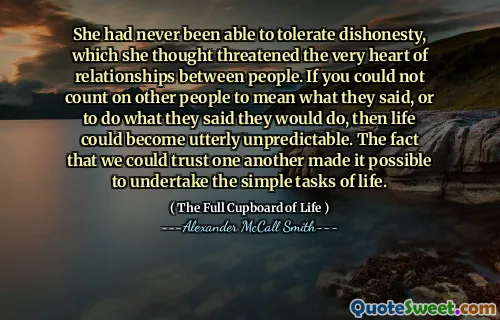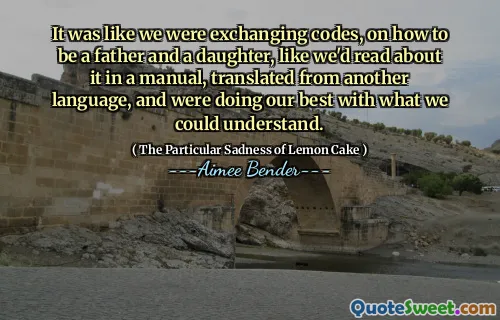
Trust is needed before lessons can be learnt.
Trust serves as the foundational pillar upon which meaningful learning and personal development are built. Without trust, individuals often find themselves guarded, skeptical, and hesitant to accept new ideas, perspectives, or guidance. This creates a barrier that hampers the receptivity necessary for growth. When we trust others—or even ourselves—we open the door to vulnerability, which is essential for genuine learning. Vulnerability allows us to admit ignorance, acknowledge mistakes, and embrace new experiences without the fear of judgment or rejection. In relationships, trust fosters open communication, deepens understanding, and nurtures a safe environment where lessons can be exchanged freely and effectively. In educational or coaching contexts, trust enables a learner to accept constructive criticism and to relax into a space of exploration, pioneering new skills and insights. Without this trust, attempts at teaching or self-improvement become fraught with resistance, suspicion, or anxiety, which obstructs the natural process of learning. The quote thoughtfully highlights the precondition that trust must be established first; only then can the lessons—whether they come from others or from within—be truly internalized. Cultivating trust can be an intentional act, often requiring patience, consistency, and sincerity. Surprisingly, this reveals that the key to effective development is not solely the acquisition of knowledge but also the nurturing of trusting relationships, which serve as the fertile ground where the seeds of wisdom can be planted and nourished.







